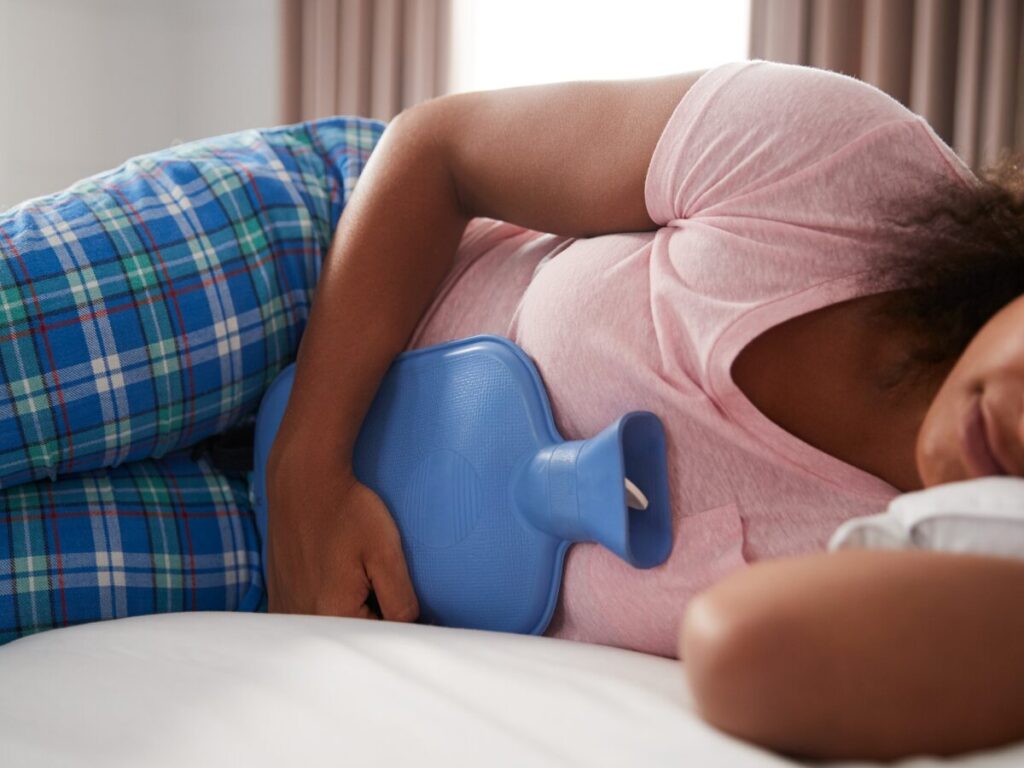A new policy at a Cambridgeshire school has stirred up a predictable storm: girls now need ‘proof of period pain’ to take a sick day. Neale-Wade Academy’s updated stance requires students to provide “related medical information” if they want time off for menstrual pain, refusing to authorise absences otherwise. For many, this feels like a step back into the dark ages of women’s healthcare—where a girl’s word about her own body apparently doesn’t count for much.
Predictably, the backlash has been swift. Parents are fuming, and campaigners are left wondering how, in 2024, we’re still asking young girls to jump through hoops just to be believed. Endometriosis UK, a charity supporting those with the condition, has called on the school to reconsider. They rightly point out that period pain is sometimes a symptom of more serious conditions like endometriosis, which takes an average of nearly nine years to diagnose. In other words, a doctor’s note isn’t just difficult to get—it’s practically an endurance test.
Of course, Neale-Wade Academy claims it’s just following government guidance. Principal Graham Horn insists that regular attendance is “crucial for academic success,” as if the best way to ensure kids thrive in school is to question their honesty and penalise their pain. And while it’s true that schools can ask for medical evidence if they have “genuine doubt” about a student’s illness, turning period pain into a standardised “prove it” situation seems a lot more like distrust than discretion.
For many women reading this, the frustration is deeply personal. They know too well how often their pain was dismissed, or how long it took to get a diagnosis for conditions like endometriosis. One mother, whose endometriosis went undiagnosed for decades, shared her anger online, asking how teenage girls are supposed to navigate the already confusing terrain of menstrual health when their own school won’t believe them. “If they’re ill, they’re ill,” she posted, echoing a sentiment that’s been amplified by parents and campaigners alike.
And it’s not just about physical discomfort. This policy taps into a broader issue: the stubborn refusal to take women’s pain seriously. We might like to think we’ve come a long way since the days when hysteria was a catch-all diagnosis for any woman who dared to complain, but apparently, we haven’t made it all that far. Now, it’s just cloaked in school policies and official-sounding language.
Neale-Wade’s insistence on proof also ignores a glaring reality: accessing a doctor’s note for period pain is anything but easy. Between long waits for GP appointments and the usual dismissal of “women’s issues” as minor inconveniences, many students will be left in a painful limbo. Either they tough it out at school, risking further embarrassment and discomfort, or they face unauthorised absences that could lead to fines for their families. It’s a lose-lose situation for those who already have enough to deal with every month.
So, what’s really being taught here? The message to young girls is that their words aren’t enough, that their pain is suspect until proven otherwise. Charities like Bloody Good Period have called for more understanding and less punitive measures, suggesting that prioritising students’ wellbeing might actually create a better learning environment. After all, education is important—but so is ensuring that kids aren’t being punished for having a body that sometimes needs a break.
Neale-Wade Academy might be aiming for stricter attendance, but all it’s achieved is highlighting how little has changed when it comes to recognising women’s pain. A school should be a place where students feel seen and heard, not somewhere they have to fight for their pain to be acknowledged. It’s not a radical idea—it’s just a little empathy. And yet, here we are, still waiting for it to show up in the classroom.
